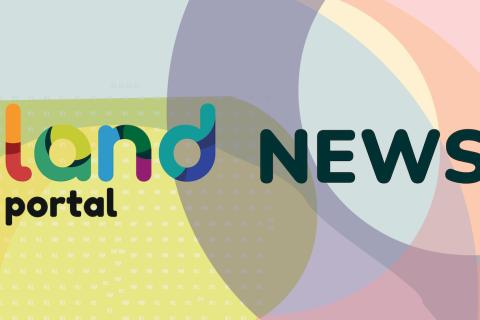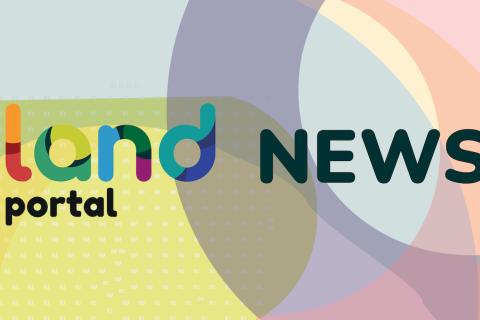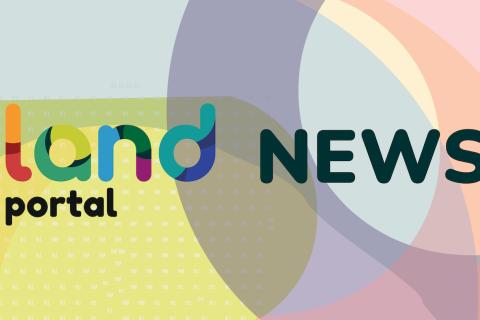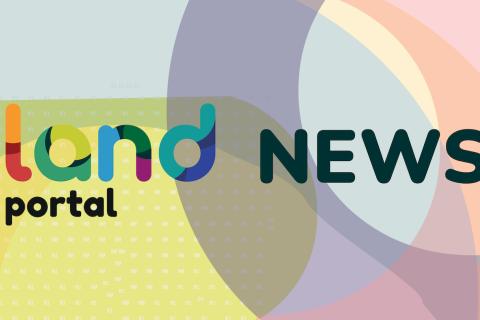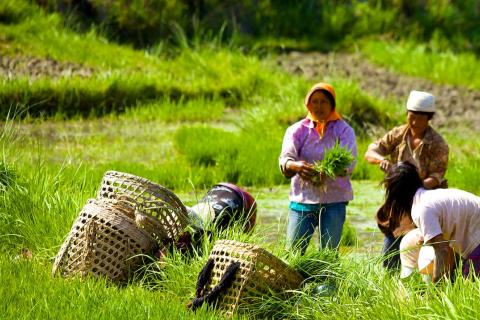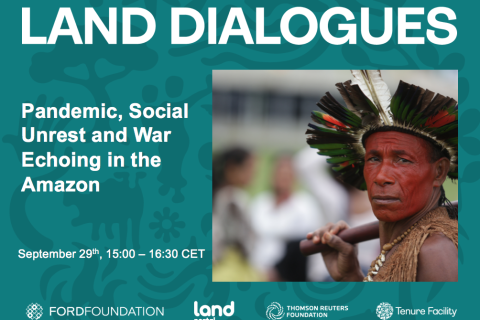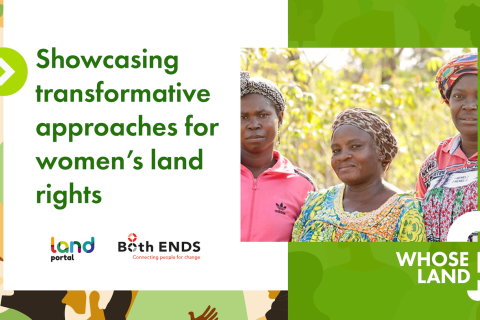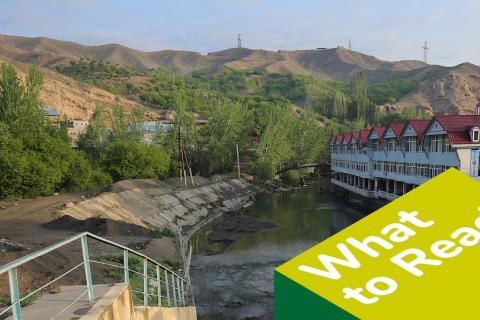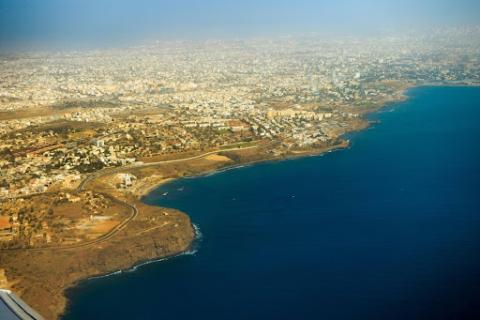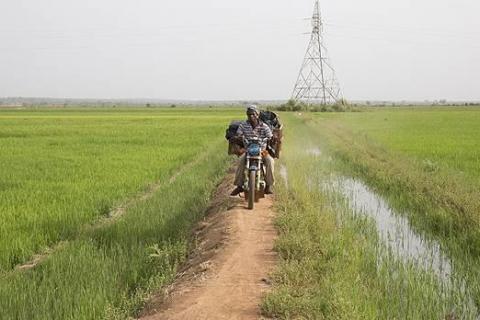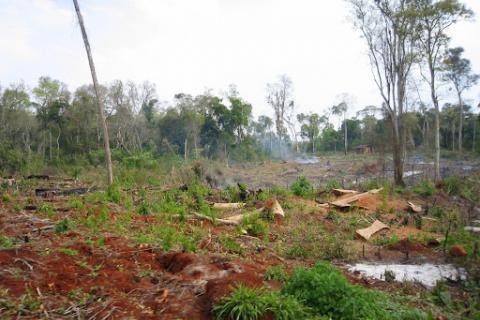New Country Portfolio for Sudan - Arabic
New Country Portfolio for India
New Country Portfolio for Guinea Bissau
Data Compatibility in Linking Land Degradation and Tenure Security
This data story investigates the challenges to align action on land degradation and tenure security based on the screening of available datasets in both domains.
The Voluntary Guidelines: A Data Deficit?
Webinar Recap: Pandemic, social unrest and war echoing in the Amazon
Webinar Recap: Showcasing transformative approaches for women’s land rights
Empowering women to occupy leadership roles and to take an active part in decision making processes in land governance has demonstrated that strides can be made towards gender justice.
Three territorial disputes you may not have heard of
Against the backdrop of the war in Ukraine, this What to Read digest reviews three articles that explore different, lesser-known territorial disputes - all of them in Asia.
New Country Portfolio for Senegal
Senegal has the particularity of being the westernmost point of the African continent, which is located at the tip of Almadies in Dakar, the country's capital. With an area of 196,722 km2 , Senegal is bordered by the Atlantic Ocean to the west, Mauritania to the north and Guinea and Guinea-Bissau to the south. The Gambia, a country located on either side of the river bearing the same name, forms an enclave within Senegal. The relief of Senegal is generally flat and low, with an average altitude of less than 50 metres over three quarters of the territory.
New Country Portfolio for Mali
Mali is a landlocked country in the heart of the Sahel that faces land related tensions, food insecurity and severe security challenges despite the 2015 peace agreement. Agriculture accounts for 39% of the national GDP and Mali’s main exports rely on gold, cotton, and livestock.
New Country Portfolio for Argentina
The Land Portal published a new country portfolio for Argentina as part of our Country Insights initiative. The initiative seeks to expand knowledge about how countries govern their land, the challenges they face, and the innovative solutions they find to manage land tenure issues. Each portfolio comes with a detailed description of the land governance context and a collection of related blogs, news, publications, statistical datasets and more.

